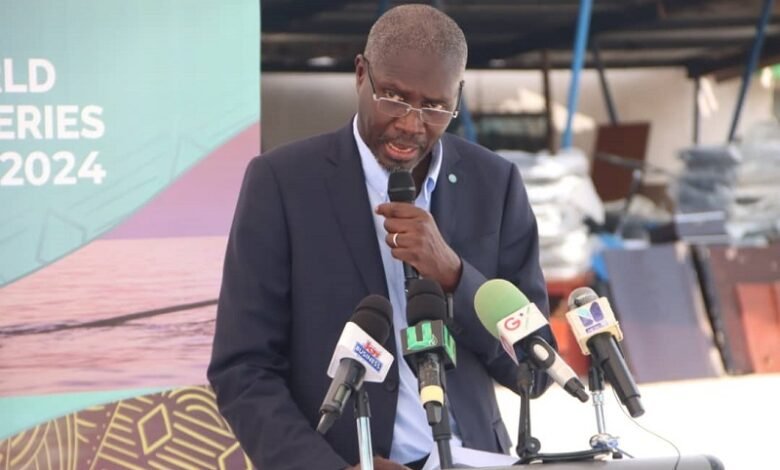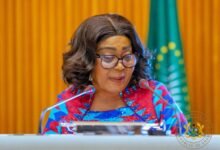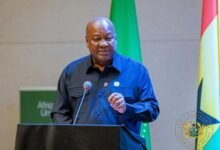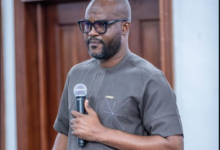Ghana marks World Fisheries Day in Accra

The World Fisheries Day 2024 has been celebrated in Accra with a call on stakeholders to play their roles in order to develop the country’s economy.
The day is celebrated to create awareness about threats such as “overfishing, habitat destruction, and illegal fishing practices.”
Additionally, it emphasises empowering small-scale fishers, often among the most marginalised communities worldwide.

Senior Fisheries Officer for the Food and Agriculture Organisation (FAO), Regional Office for Africa, Ndiaga Gueye, said there was the need to recognise the value of fisheries and the responsibility to preserve them for future generations.
He said the fishing was the backbone of food security and a vital source of livelihood for millions.
“Small-scale fisheries dominate the sector, providing affordable food, creating jobs, and supporting the growth of coastal and inland communities, hundreds of thousands of families depend on fishing, processing, and trading for their survival,” he explained.
However, he warned of serious challenges facing the sector, saying that, “Overfishing threatens fish stocks, as many species are caught before they can reproduce, putting the industry’s future at risk.”
Climate change, he said, was another major concern, disrupting fish migration, raising ocean
temperatures, and affecting aquatic ecosystems.
“Pollution and illegal fishing further endanger marine resources, undermining the sustainability of Ghana’s fisheries,” he pointed out.
Despite these threats, Mr Gueye offered hope, calling for immediate action through the FAO’s Blue Transformation Agenda.
This initiative, according to him would promote sustainable practices, protect aquatic resources, and enhance the role of fisheries in providing nutritious food while fostering inclusive growth.
He urged collaboration among government, communities, NGOs, and international partners to achieve these goals.
He stressed the importance of “responsible fishing practices, better regulations, and stronger enforcement” to combat overfishing and illegal activities.
“Protecting ecosystems like mangroves and wetlands, which support biodiversity and prevent
coastal erosion is essential for building resilience to climate change,” he added.
Mr Gueye also called for greater support for small-scale fishers, who are central to the sector, by providing them with training and resources to adapt to challenges, adding that achieving gender equity would empower communities and strengthen the sector.
“Women make up to 40 per cent of those involved in small-scale fisheries but often face barriers to accessing resources and leadership opportunities,” he stated. He advocated for regional and global cooperation, as challenges like illegal fishing, pollution, and climate change cross borders.
He called for shared strategies and resources within the Gulf of Guinea and beyond to ensure sustainable fisheries management.
The Executive Director of the Fisheries Commission, Fred Kwasi Antwi-Boadu, emphasied the importance of sustainable fisheries in supporting livelihoods, ensuring food security, and driving economic growth.
He noted that over 10 per cent of Ghanaians depended directly or indirectly on the sector, which also creates jobs for women and youth through fish processing and trading.
Mr Antwi-Boadu highlighted their significance in promoting food security and poverty reduction while managing aquatic resources.
He called on stakeholders to reaffirm their commitment to innovative and sustainable practices to protect fisheries resources for future generations.
BY AGNES OPOKU SARPONG







